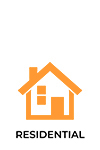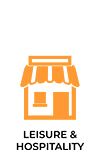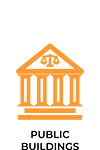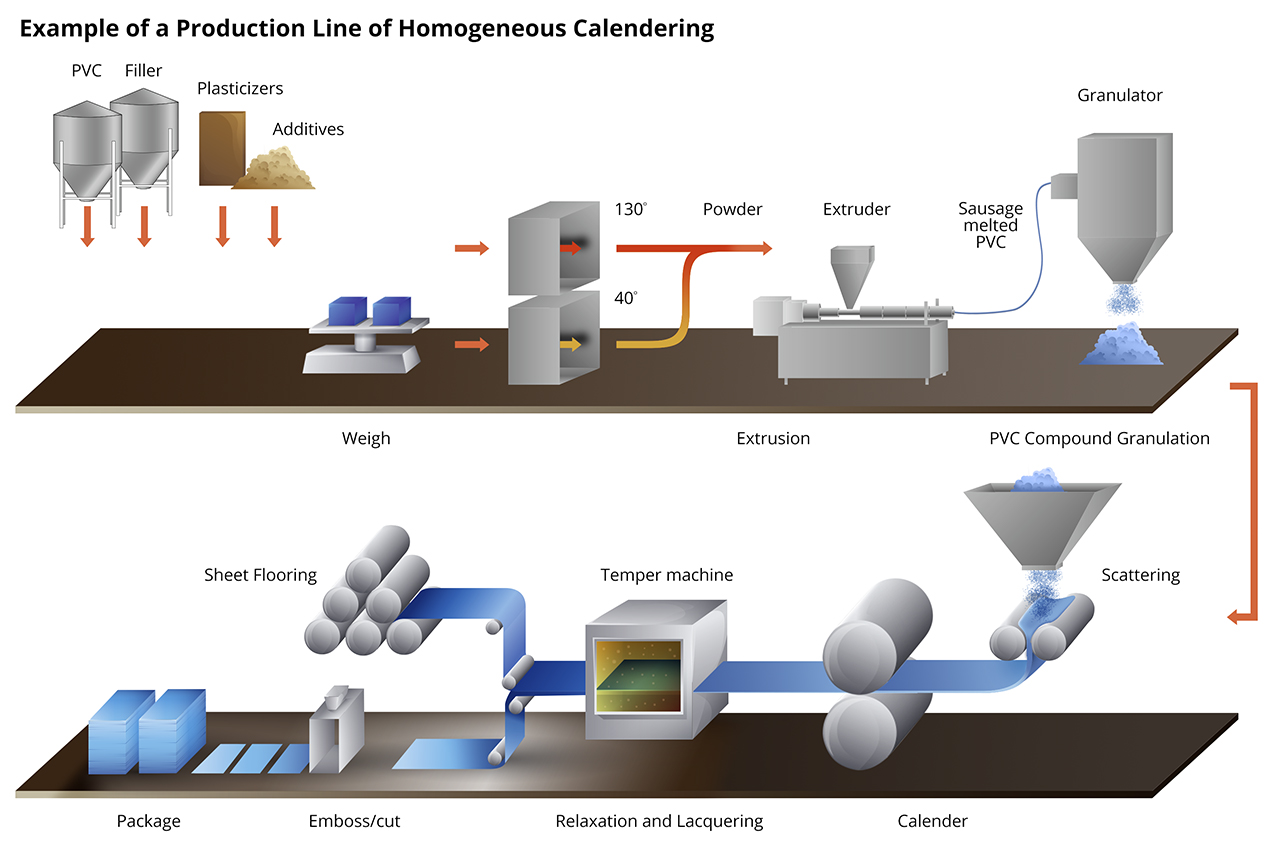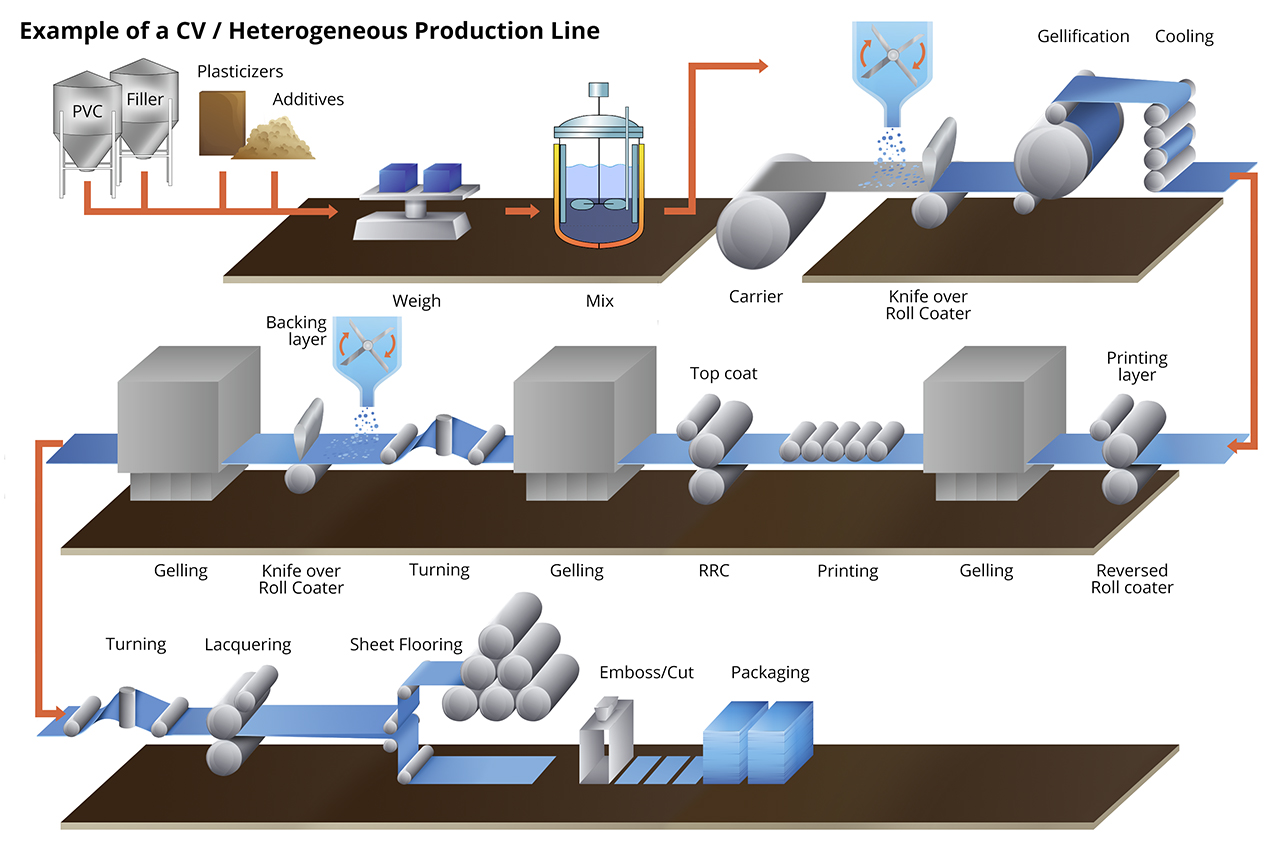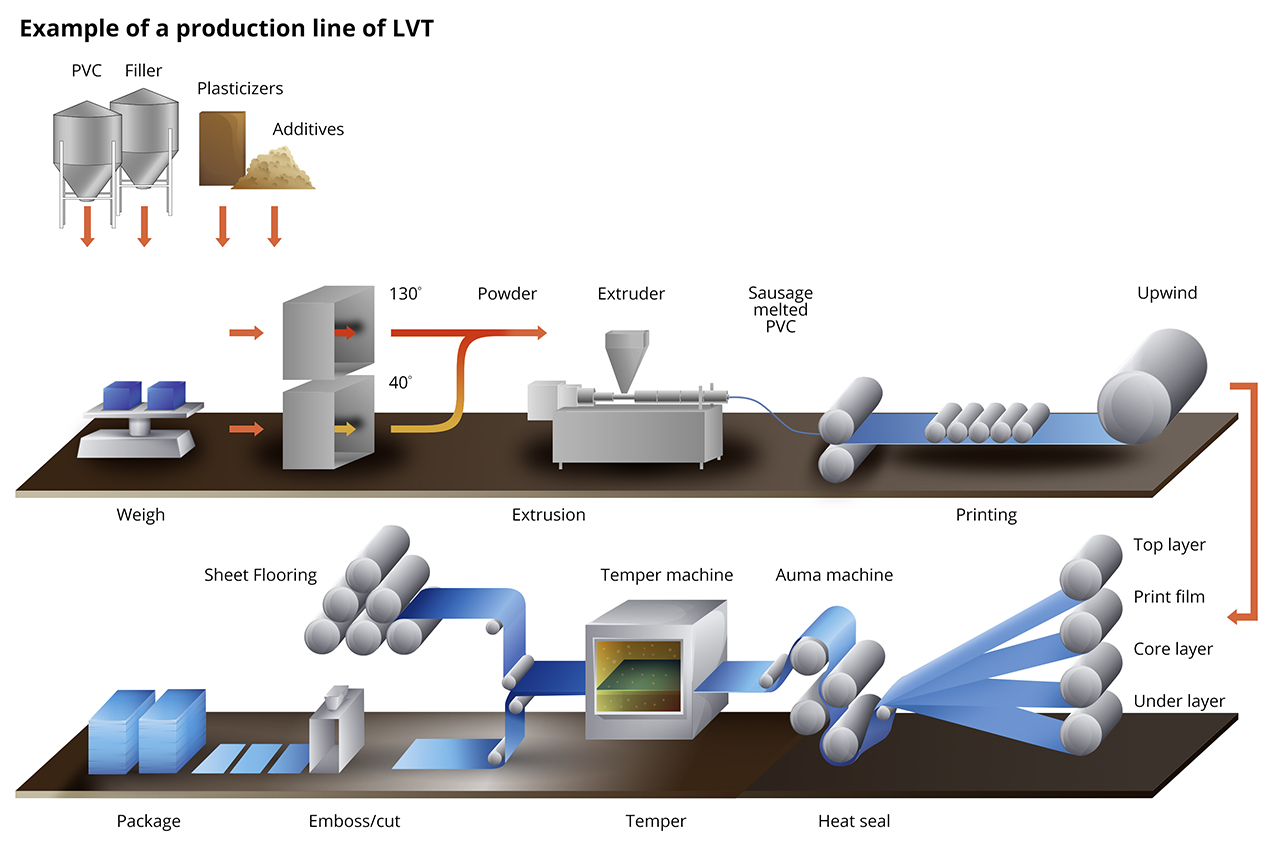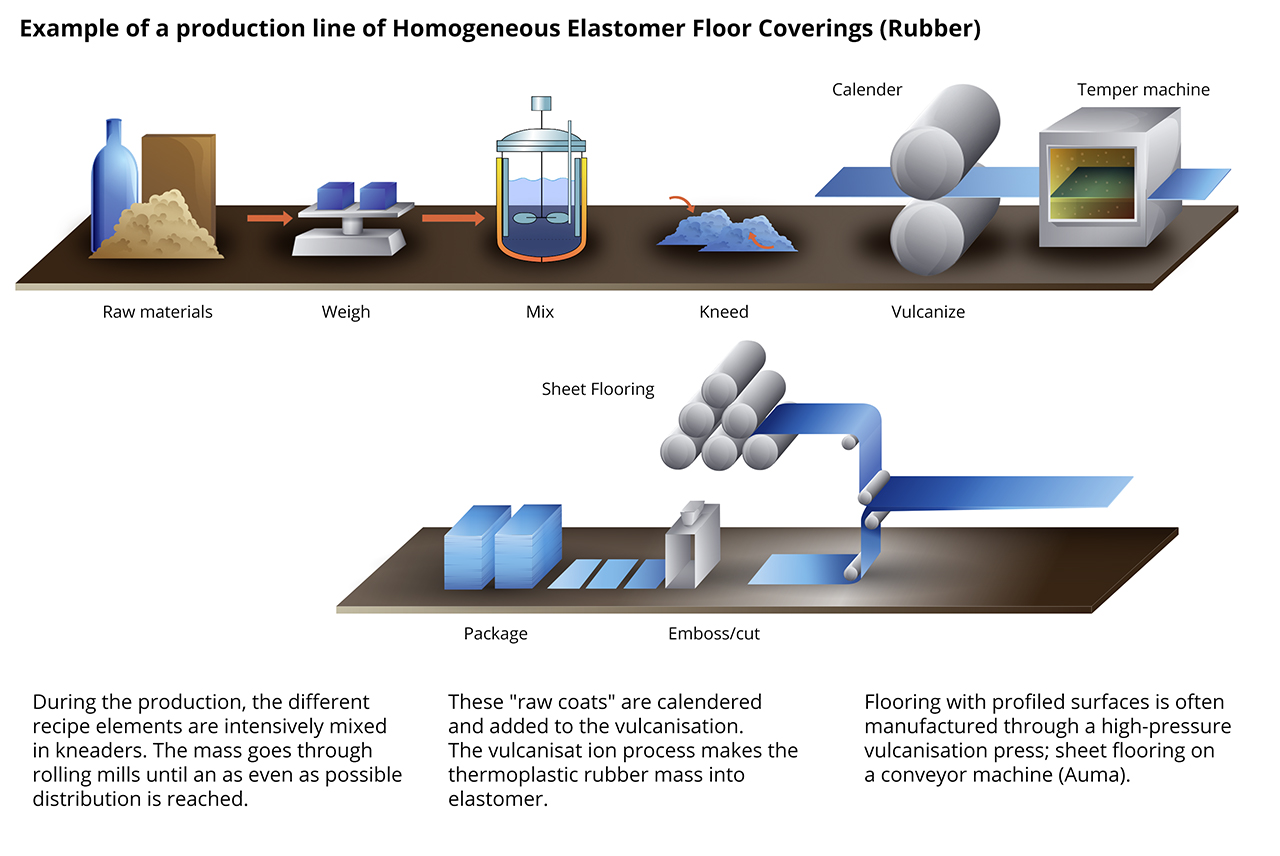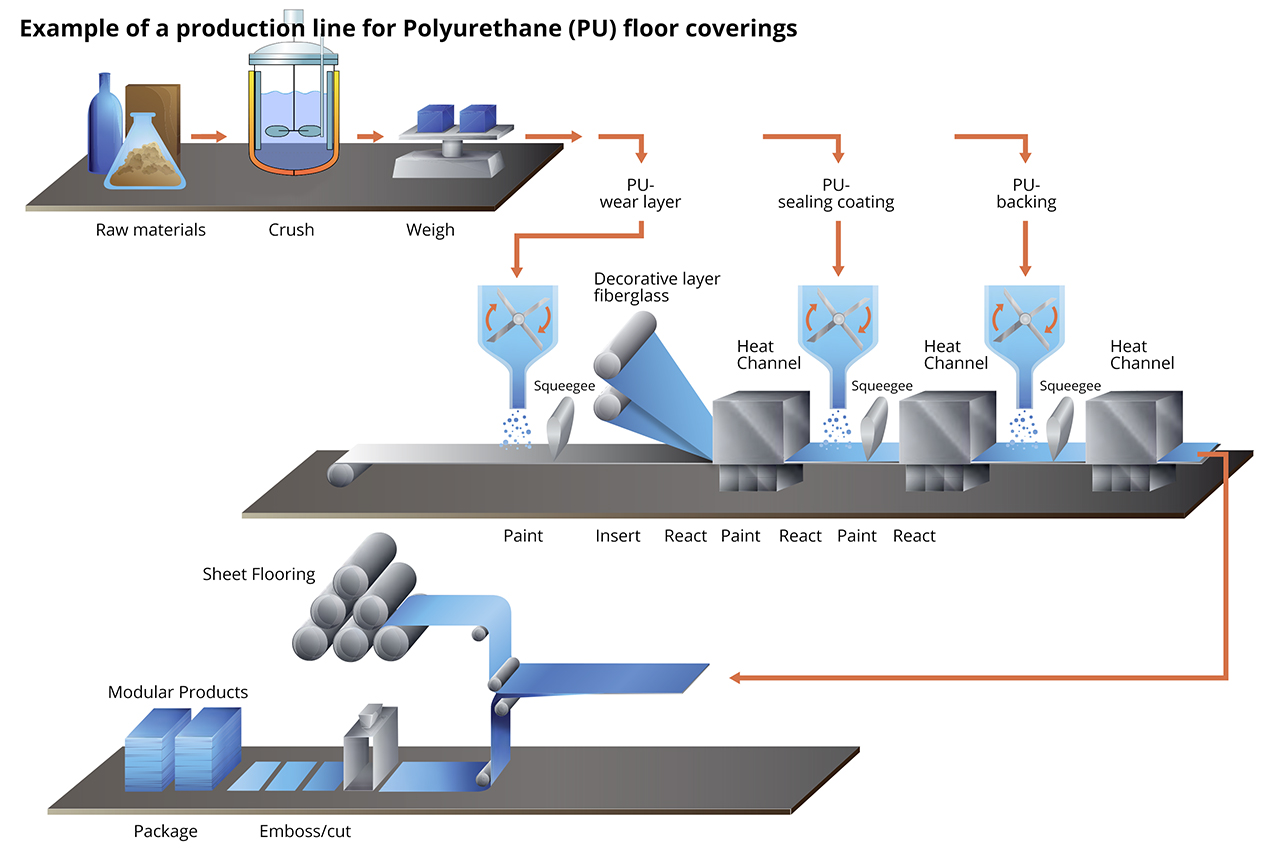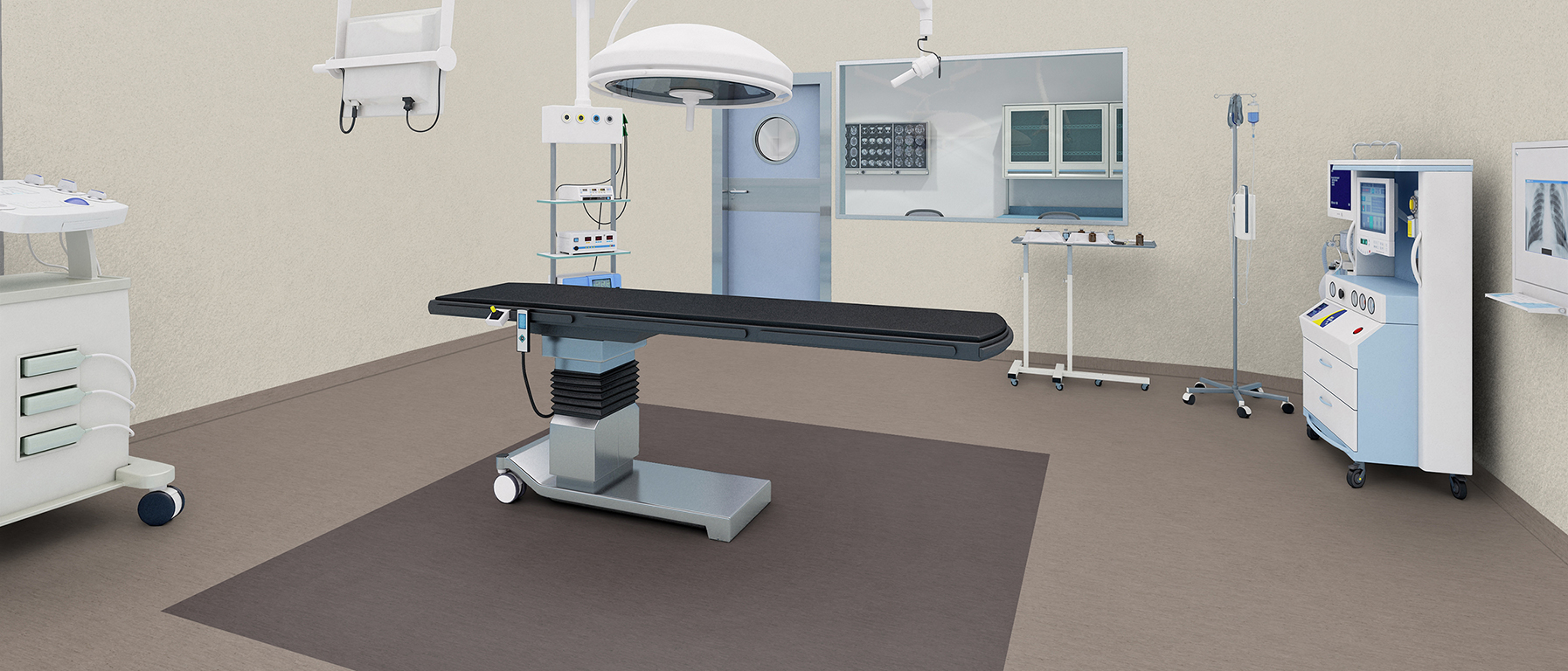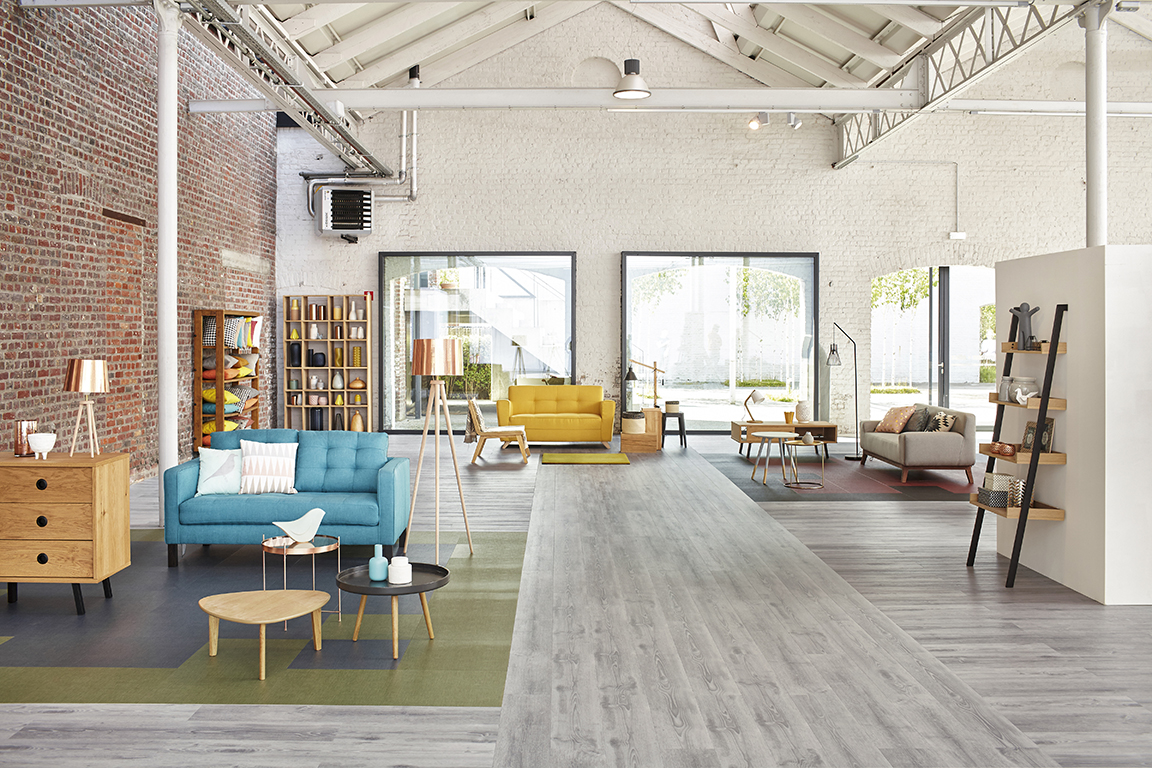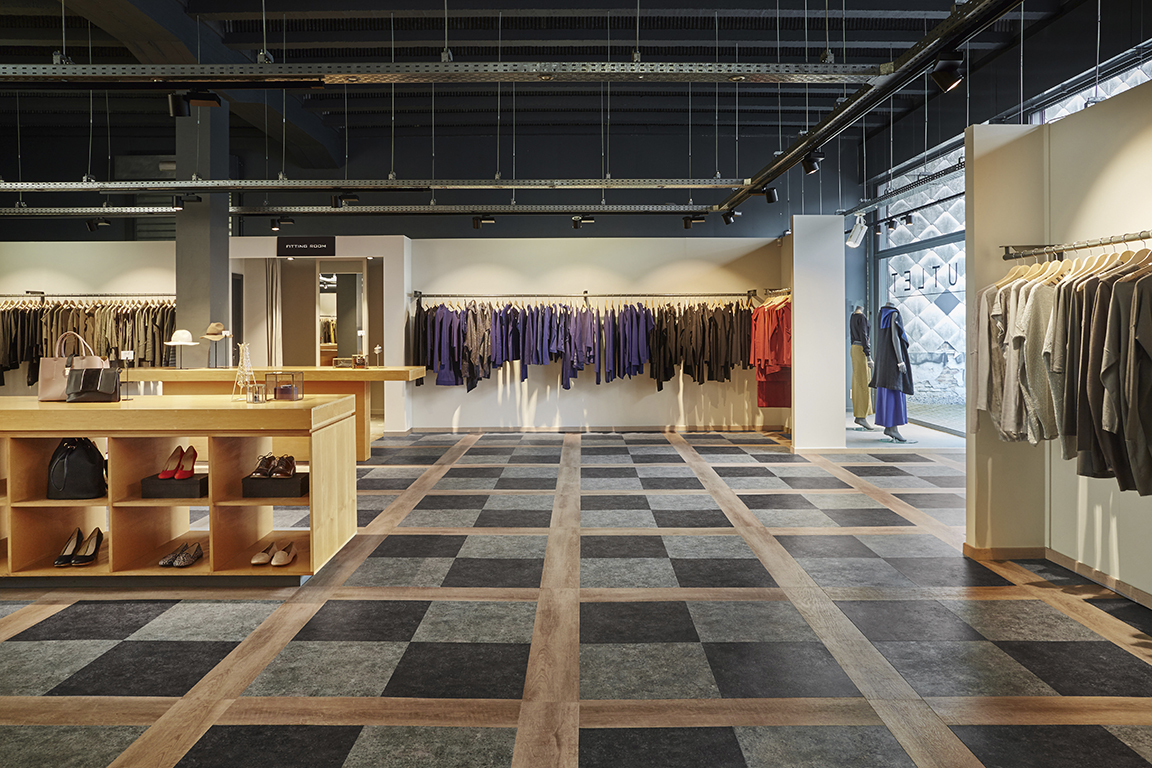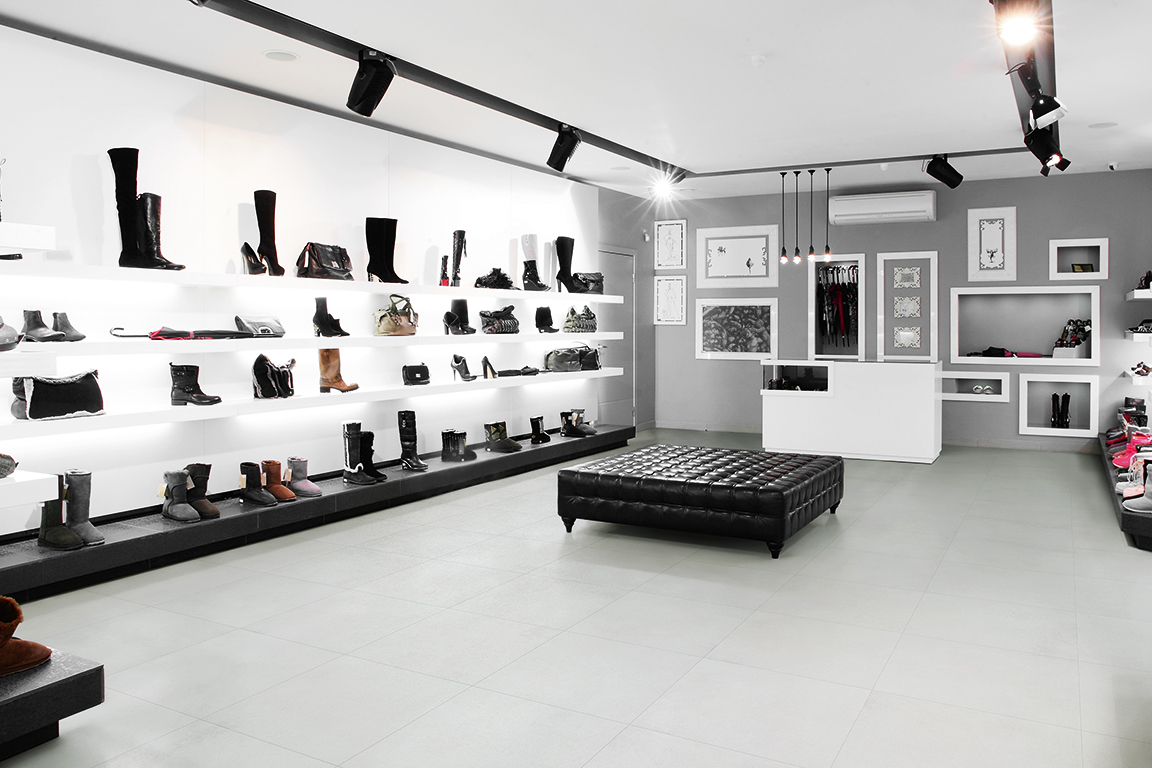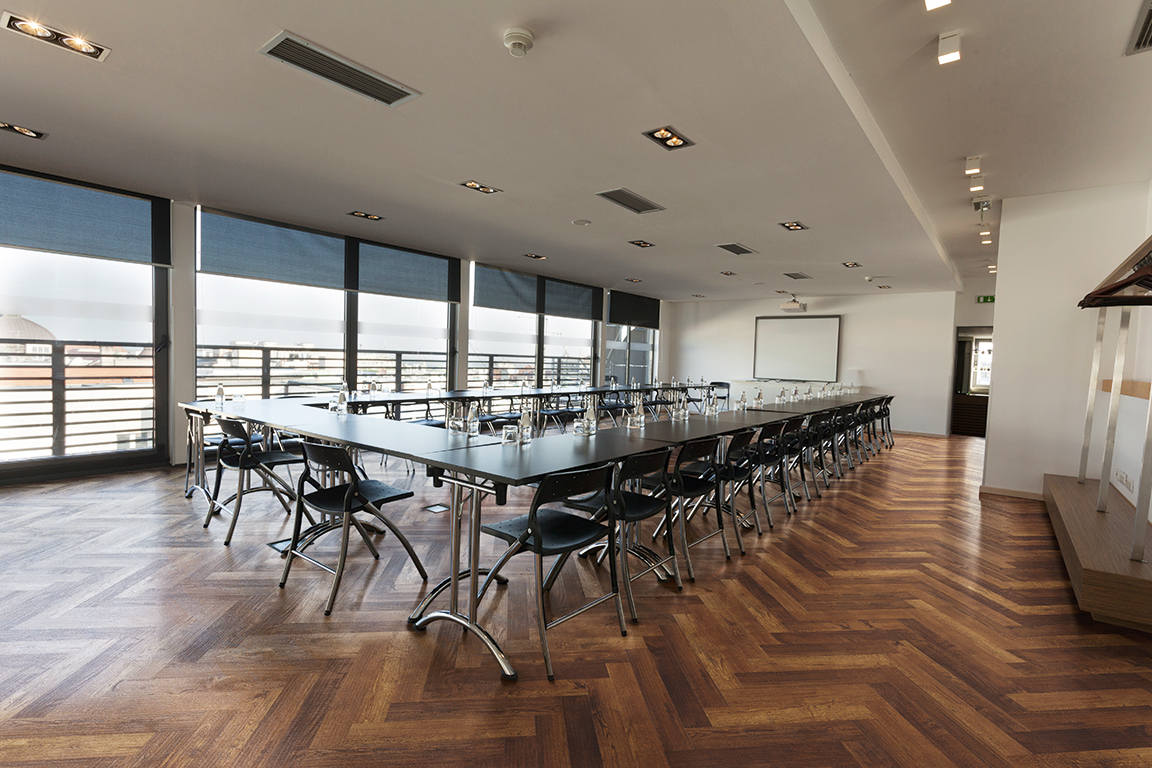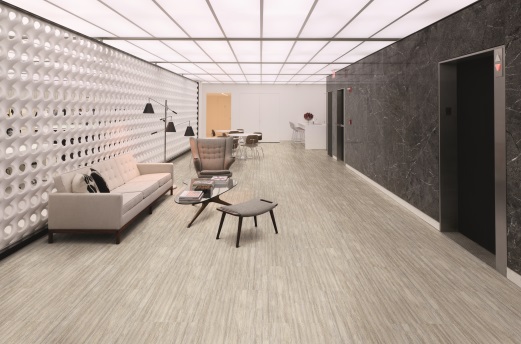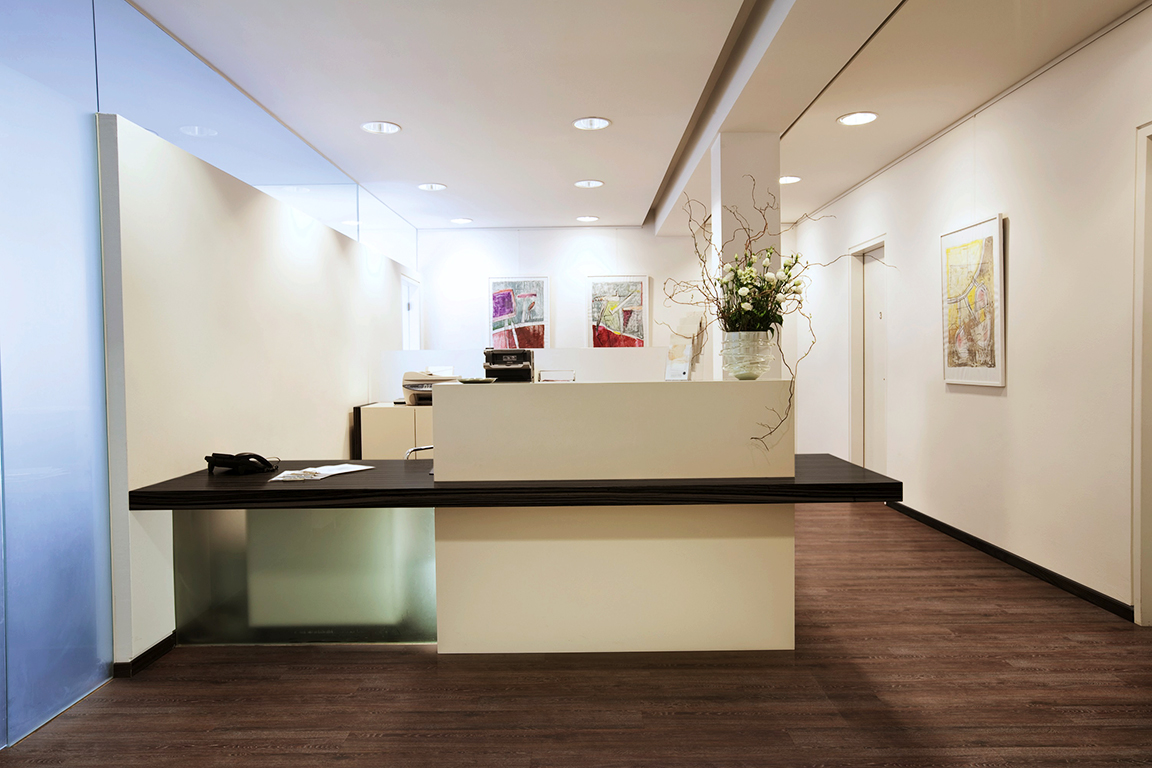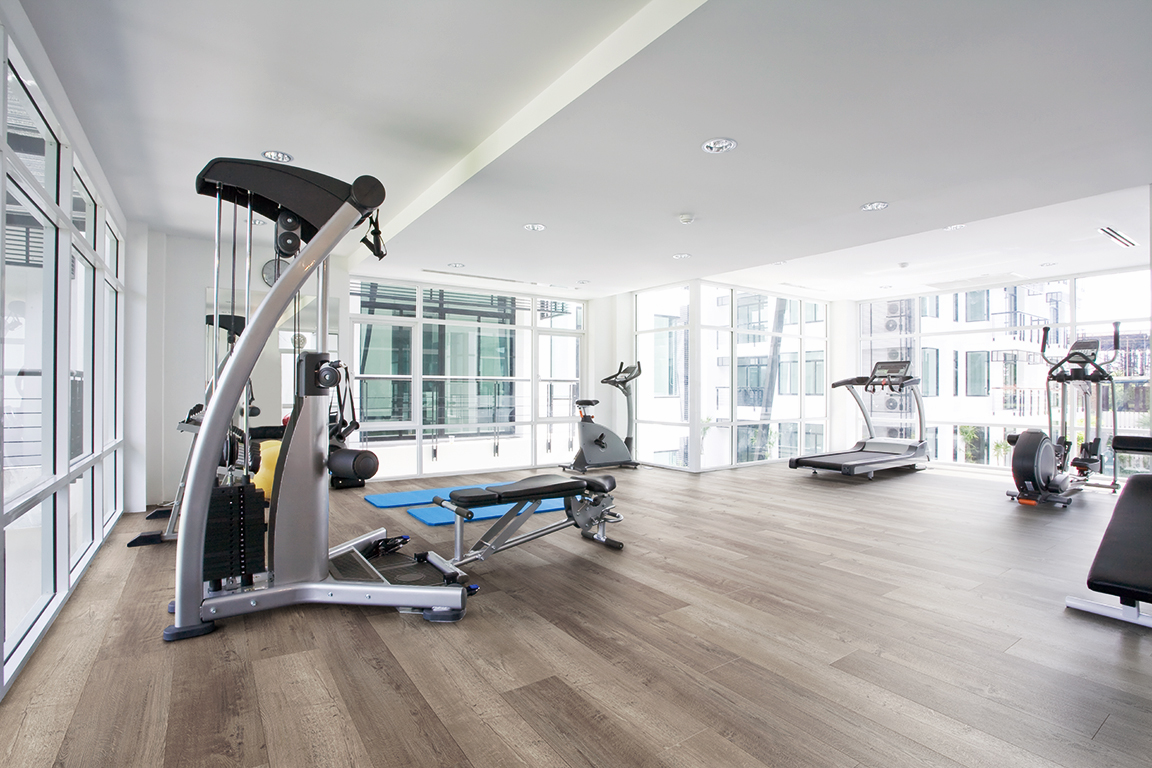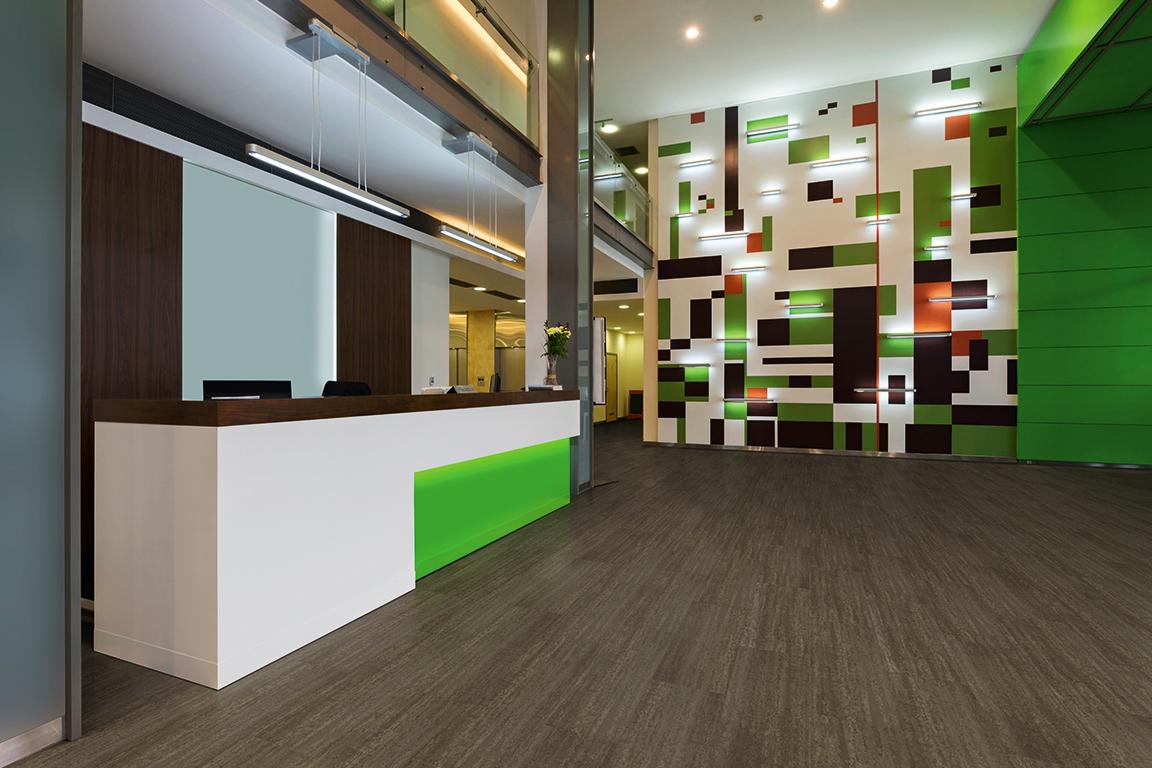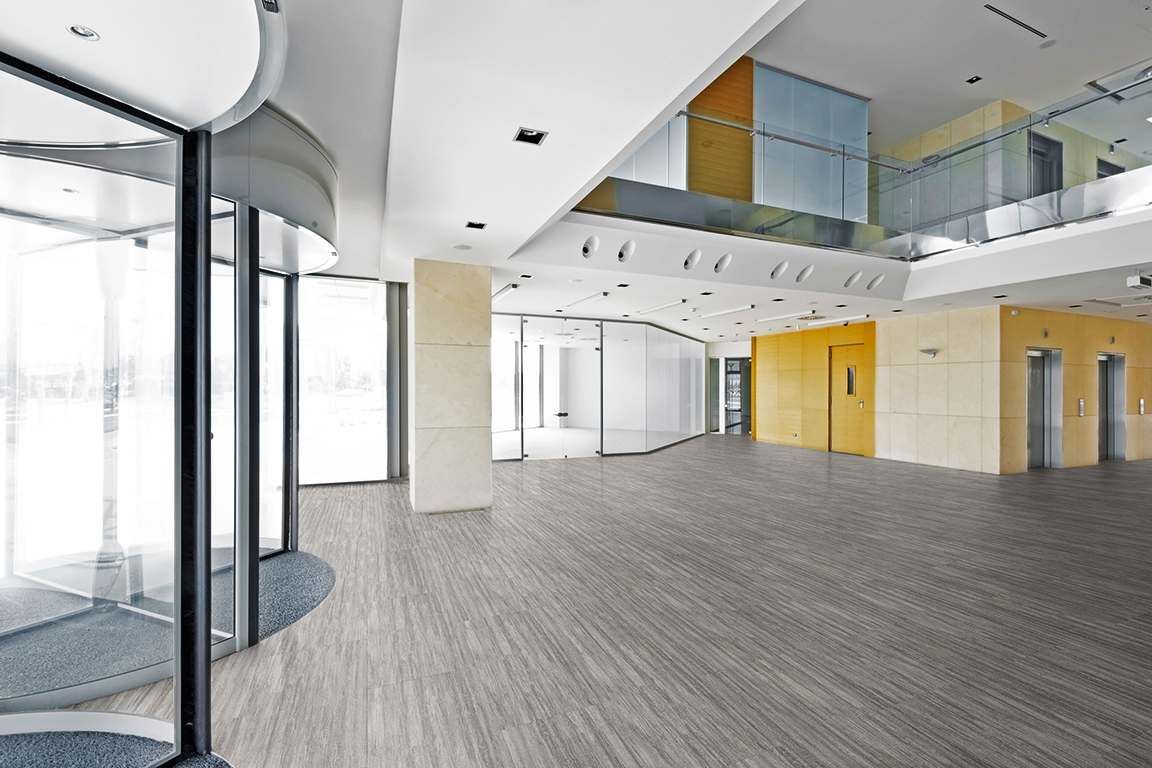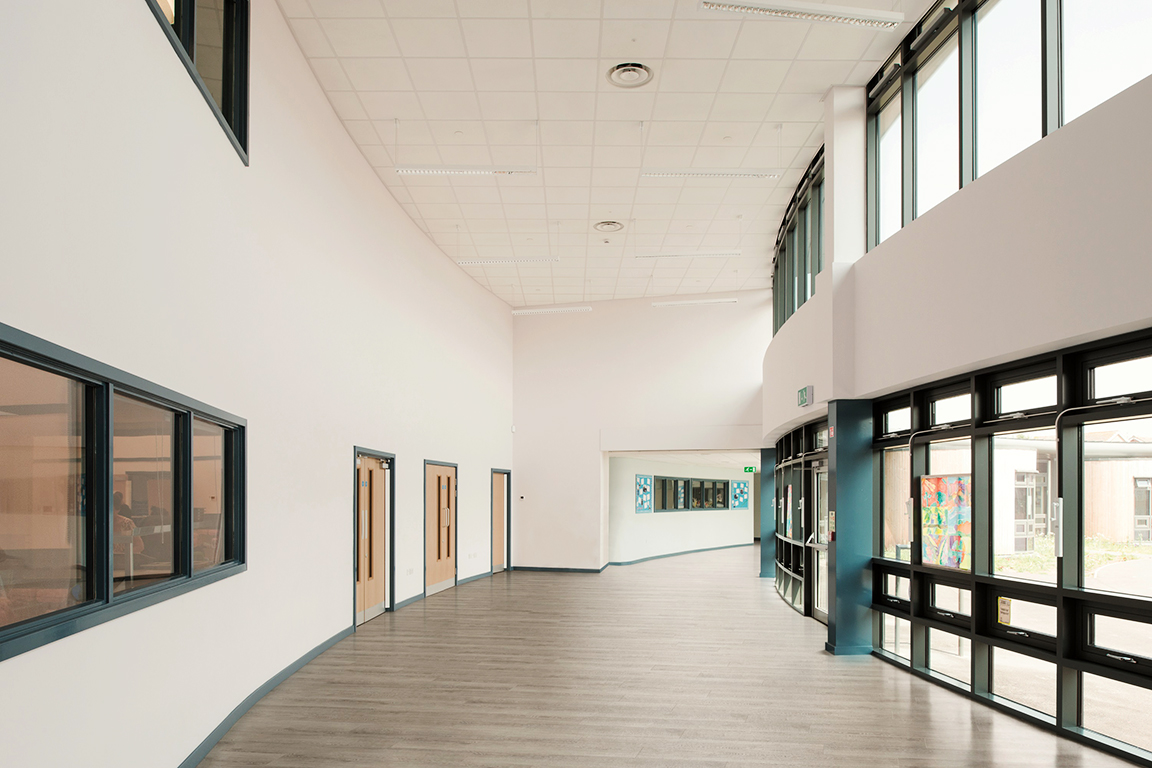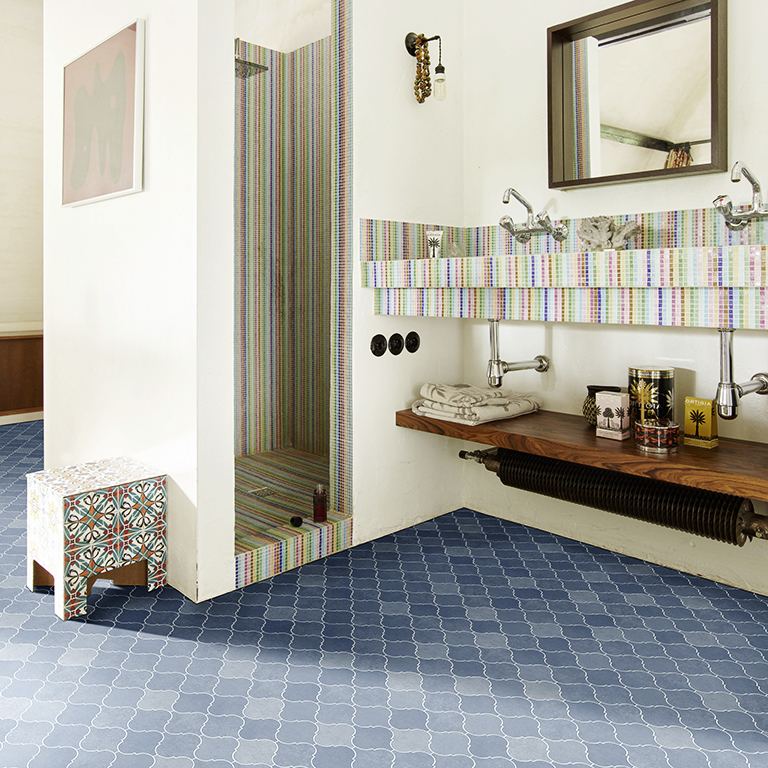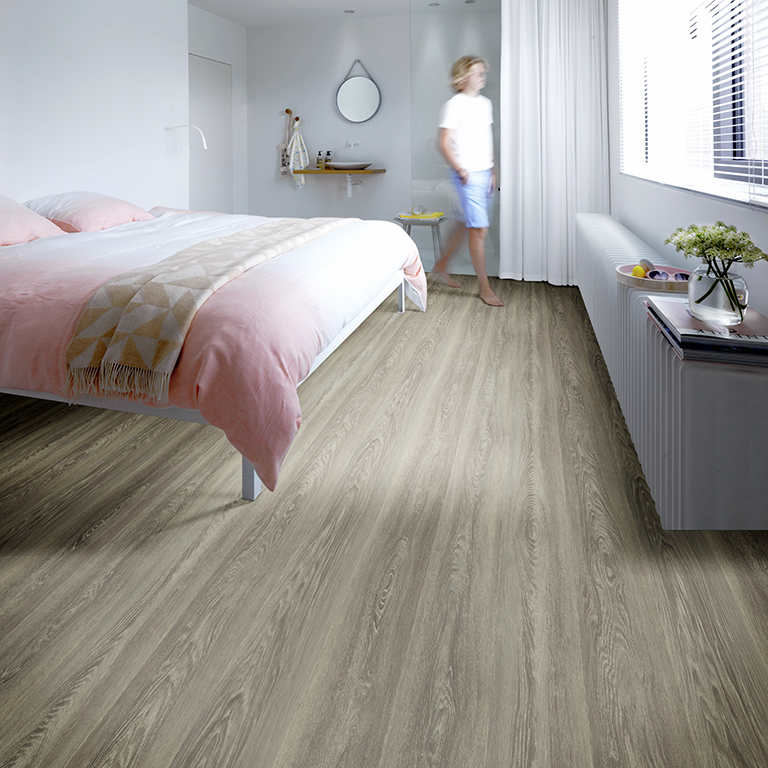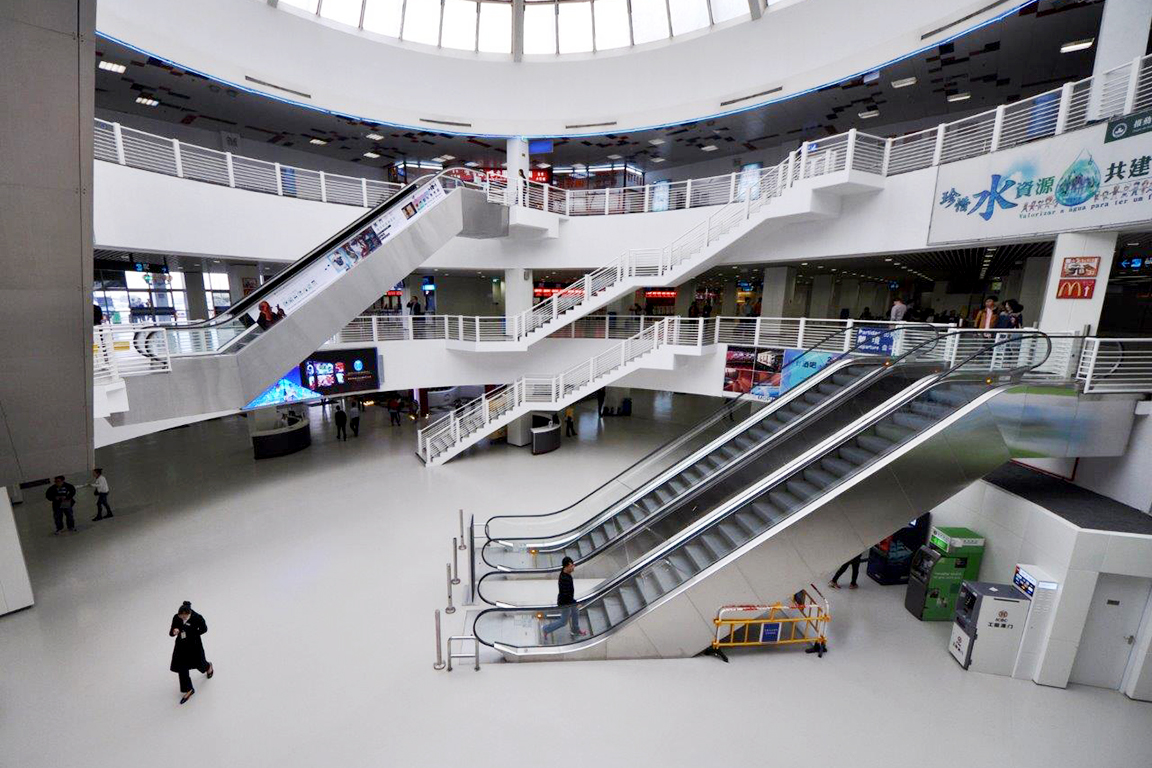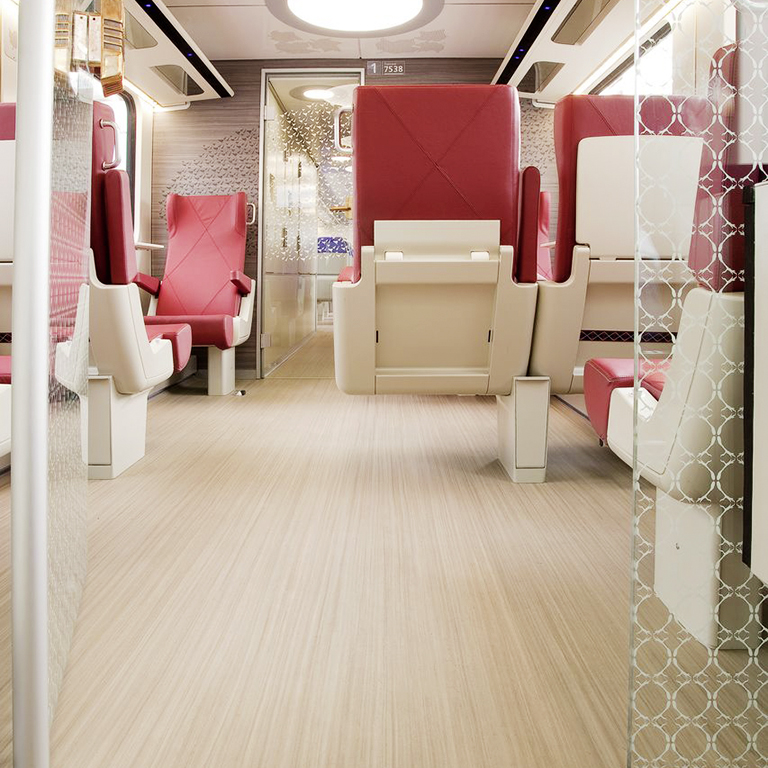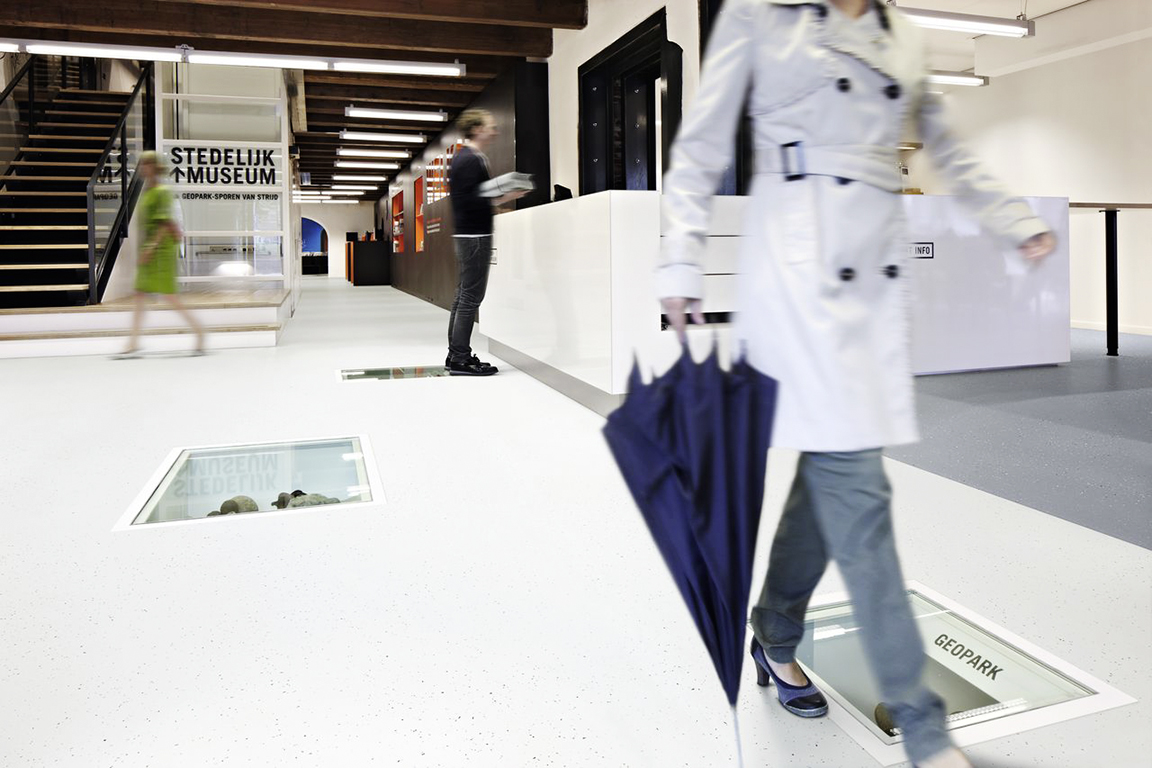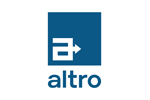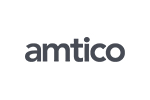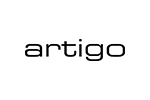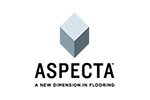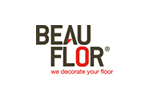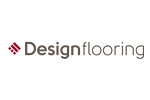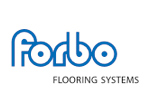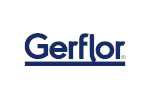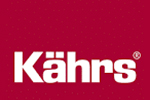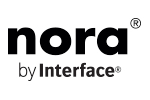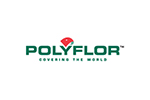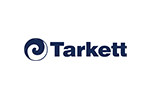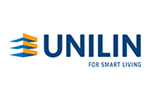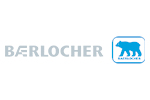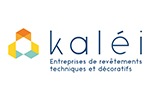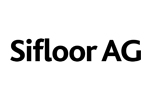About.
OUR PURPOSE.
We exist to support the resilient flooring industry in Europe. Through a commitment to transparency and sustainability of product performance, we work with governments and test institutes to develop strict product standards and universal information systems.
Resilient flooring is durable, flexible and impermeable. Made by our members, in an impressive variety of design and size formats, from natural and synthetic materials, this flooring delivers choice for all projects and budgets.
ERFMI represents the interests of the resilient flooring industry by helping maintain high ethical standards within the industry. We are active in obtaining and communicating relevant information to our members. We represent the industry in negotiations with government departments, public bodies, trade associations and non-governmental organisations in the European market.
In addition to promoting the preparation of international standards, specifications and classification systems, we support activities that develop the resilient flooring industry. ERFMI specifically avoids any activities that prevent or restrict competition between our members in line with competition law.
ERFMI is also part of the European Floor Coverings Association, the umbrella association dealing with common topics concerning resilient, laminate, textile and multilayer modular floor coverings in Europe.
Products.
What is resilient flooring?
Resilient floor coverings are highly engineered sheet and tile products, made to withstand heavy use in a variety of commercial and residential settings.
Different environments call for different floors. While resilient flooring is manufactured in many styles and materials, with a range of performance qualities, it is known for being easy to maintain, hygienic and comfortable underfoot. A resilient floor benefits a building through its design and performance.
The product families are:
Environment.
WE CARE ABOUT THE WORLD.
For ERFMI, environmental concerns mean three key areas:
01. CIRCULAR ECONOMY.
Central to our activities, we engage in research and support product development, and innovation opportunities, driven by a circular economy model.
ERFMI and its members actively support:
- Circular Plastics Alliance
- Horizon 2020 Circular Flooring Project
- Internal reprocessing and recycling schemes
- Zero waste factory development
- Collection programs for installation and post-consumer material waste
- Industry owned Recyclate production plant
For PVC alone, ERFMI members recycled more than 140,000 tonnes in 2022.
02. TRANSPARENCY.
We encourage the growth of transparency within our membership, to further develop trust and responsibility between consumers and manufacturers.
We promote the development of Environmental Product Declarations, or EPD. EPDs enable the assessment of the environmental performance of products based on a Life Cycle Assessment (LCA).
- Use our EPD calculator for a full comparison of products.
- We promote the use of explanatory symbols associated with our product standards.
03. SOCIAL RESPONSIBILITY.
Our pledge
Responsibility for the environment
The impact of our values, principles and processes on society and the environment are important to ERFMI, its members and their employees. We therefore fully subscribe to the UN Sustainable Development Goals. These represent how we and our members aim to conduct ourselves in business.
Inspiration.
BE INSPIRED BY OUR MEMBERS.
Resilient flooring is driven by design. State of the art production techniques and artistic inspiration create surface materials that are attractive and highly usable in architecture and interior design. Dedicated floor design teams produce products that are realistic and true to nature, created through innovative techniques. Linking all resilient flooring are the aesthetics of colour, texture and pattern.
Copyright 2017 ERFMI and ERFMI members. All rights reserved. All photographs and text included herein are the property of ERFMI and ERFMI members. The use of any images or other materials included herein, in whole or part, for any purpose, including, but not limited to, reproduction, storage, manipulation, digital or otherwise, is expressly prohibited.
Our Members.
MAKE A DIFFERENCE.
The following European flooring manufacturers are members of ERFMI. By clicking on the logos you can learn more about the company or visit the company’s website.
Associated Members.
News.
Read all about it.
ERFMI publishes new EPDs and updated EPD calculator
The European Resilient Flooring Manufacturers’ Institute (ERFMI) has published the latest Environmental Product Declarations (EPD) covering the full range of resilient floor coverings and updated the EPD calculator on its website (www.erfmi.com). [...]
EU-Project CIRCULAR FLOORING enables environmentally friendly recycling of post-consumer PVC floor coverings
Freising, Germany – End-of-life flexible PVC floor coverings potentially contain ‘legacy plasticizers’ which may no longer be used today for reasons of consumer protection and which in the meantime have been replaced in the EU [...]
European Resilient Flooring association announces board and senior staff changes
It’s all change at the European Resilient Flooring Manufacturers’ Institute (ERFMI) with the announcement of several new senior management appointments, including Jane Gardner as its Managing Director. ERFMI represents the interests of the resilient [...]
Contact.
Connect with us.
ERFMI vzw
71, Kortenberglaan
B-1000 Brussels
Belgium
Tel.: + 32 (0) 2 2 87 08 71
Tel.: + 32 (0) 2 2 87 08 72
Email: jane.gardner@erfmi.com
Managing Director
Jane Gardner
Tel.: + 32 (0) 2 2 87 08 71
Email: jane.gardner@erfmi.com
